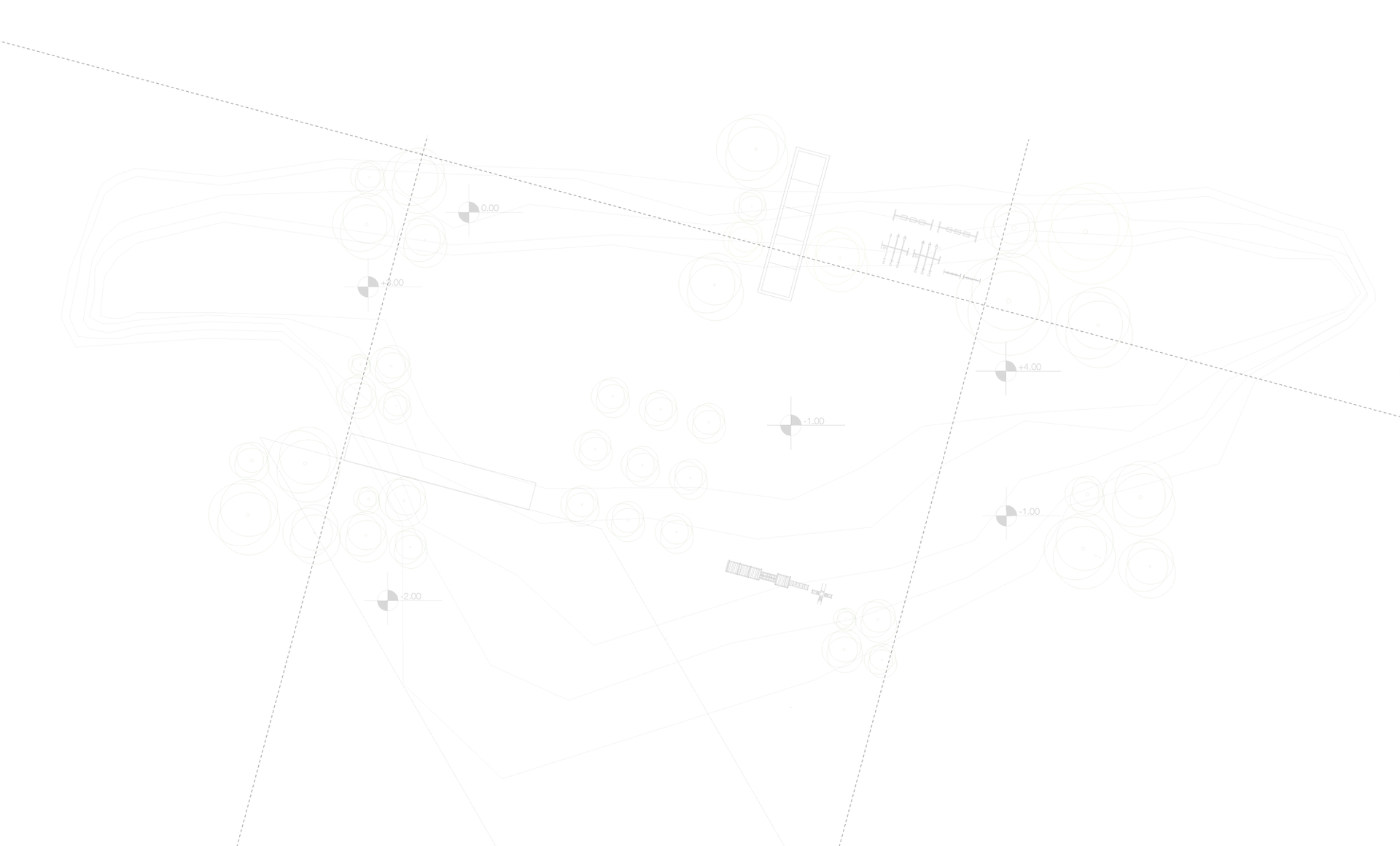Pubs and small bars - Development Applications
- David

- Sep 20, 2019
- 2 min read
Pubs and bars can often be controversial developments. This is particularly where they are proposed surrounding residential areas or where they are associated with an existing development that has created perceived social issues in the past.

A pub or a small bar is contained within the broader definition of a “food and drink premises” under the standard LEP. The zoning table of each zone in an LEP will outline if they are permissible. There is also a separate definition in the standard LEP for registered clubs, which are clubs that hold a club licence under the Liquor Act 2007.
Particularly where they are located in or near residential areas, Development Applications for pubs and small bars can often generate a large number of objections from members of the public. This can often generate issues in gaining approval, as submissions made under the notification period are one of the matters for consideration in determining an application under s4.15 of the Environmental Planning and Assessment Act 1979.
Councils may refer DAs for pubs, registered clubs or small bars to the Police for comment. There may be an assessment of the social impact of the proposal and other impacts such as noise – particularly where adjoining a residential area. It is not uncommon for any consent issued for a pub or registered club to include restrictions on the hours of operation or number of patrons.
Note that liquor licencing follows a separate procedure in NSW that is not formally integrated as part of the planning system. A licence is generally only applied for once Development Consent required under the Environmental Planning and Assessment Act 1979 has already been obtained. Liquor licences are obtained through Liquor and Gaming NSW and they conduct their own assessment of the application for liquor licences, which may contain some overlap of certain elements of the DA assessment process.
There is now a procedure under the planning system and liquor licencing for “small bars”. These are smaller facilities with the capacity to serve no more than 60 persons of the general public. The government has attempted to make the process of gaining approval for these establishments easier in recent years relative to other types of establishments selling liquor.
Information regarding the social impact of these developments is required as part of the DA process including detail about how negative impacts will be addressed. All Councils may have different requirements in terms of the information required for a Development Application for a pub or small bar, so it is worthwhile checking with the Council beforehand.
Fur any enquiries regarding preparing Development Applications for pubs or small bars, feel free to get in contact.




Comments